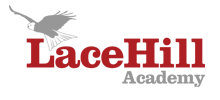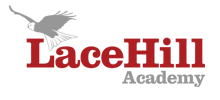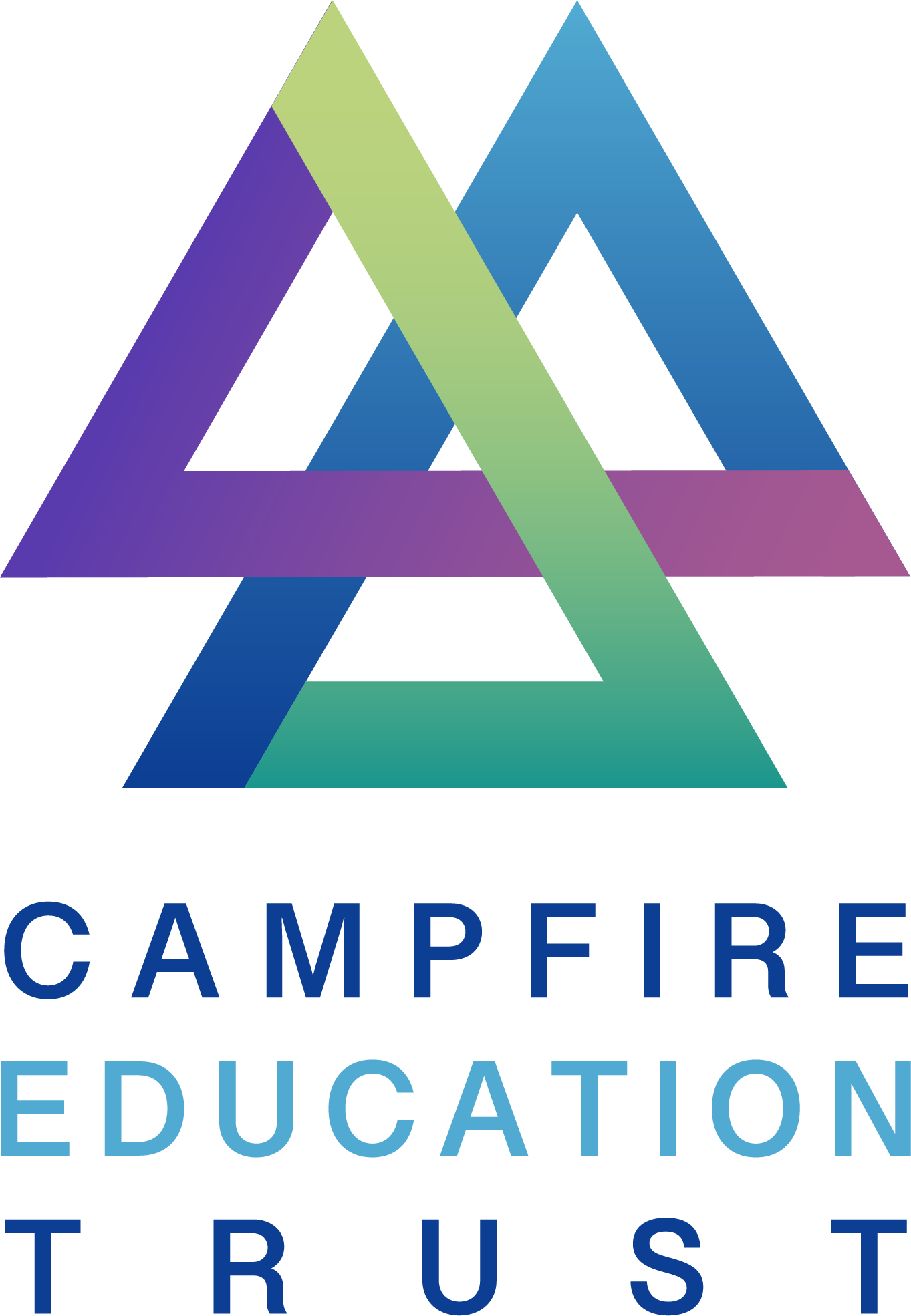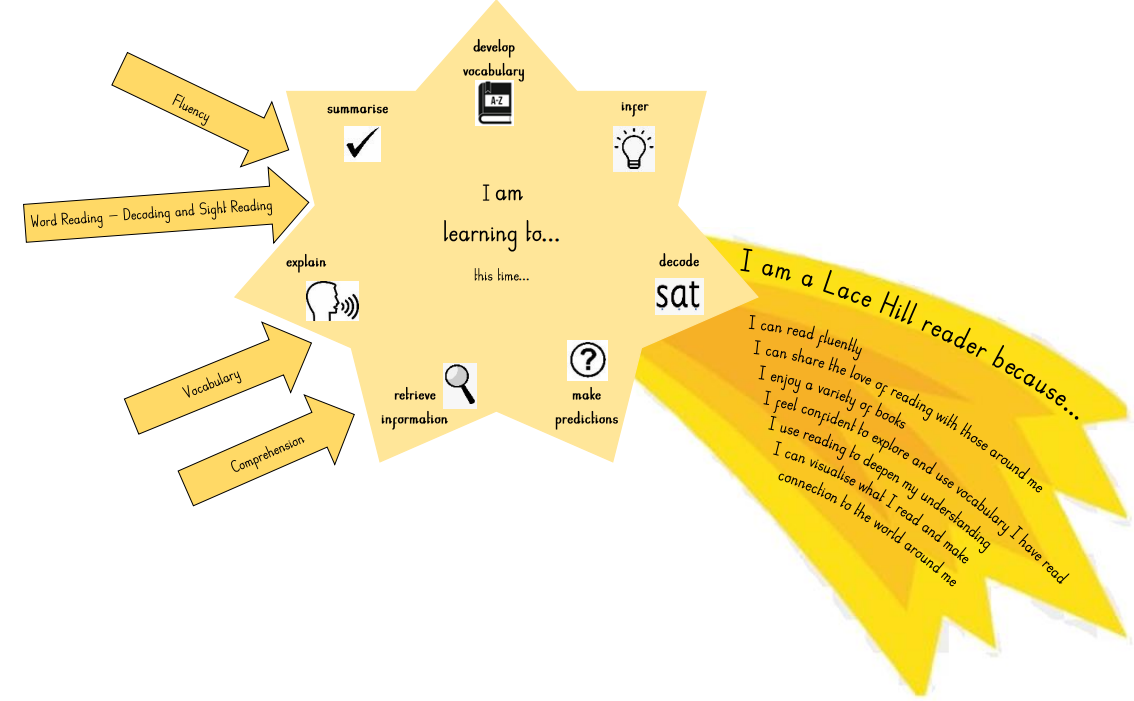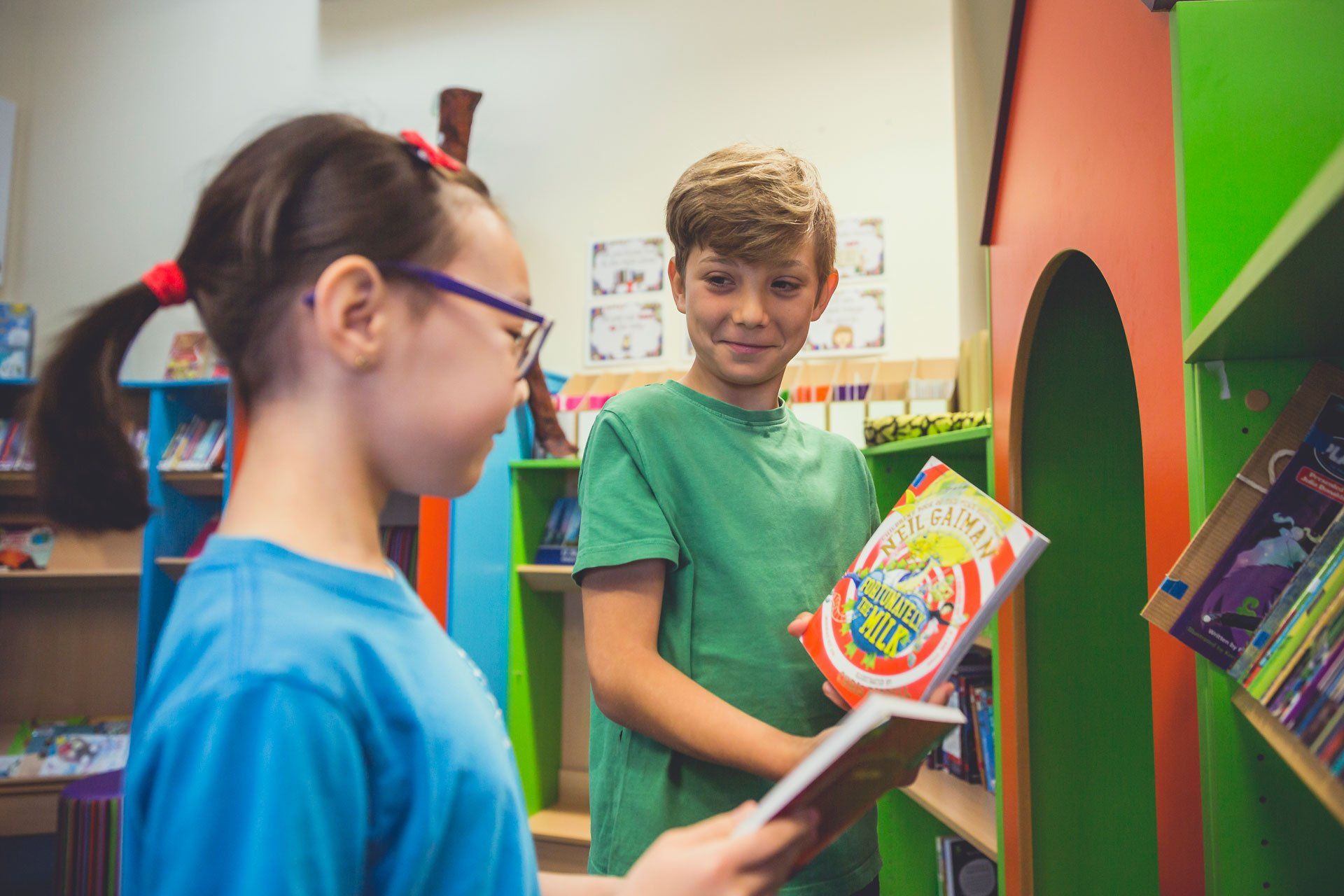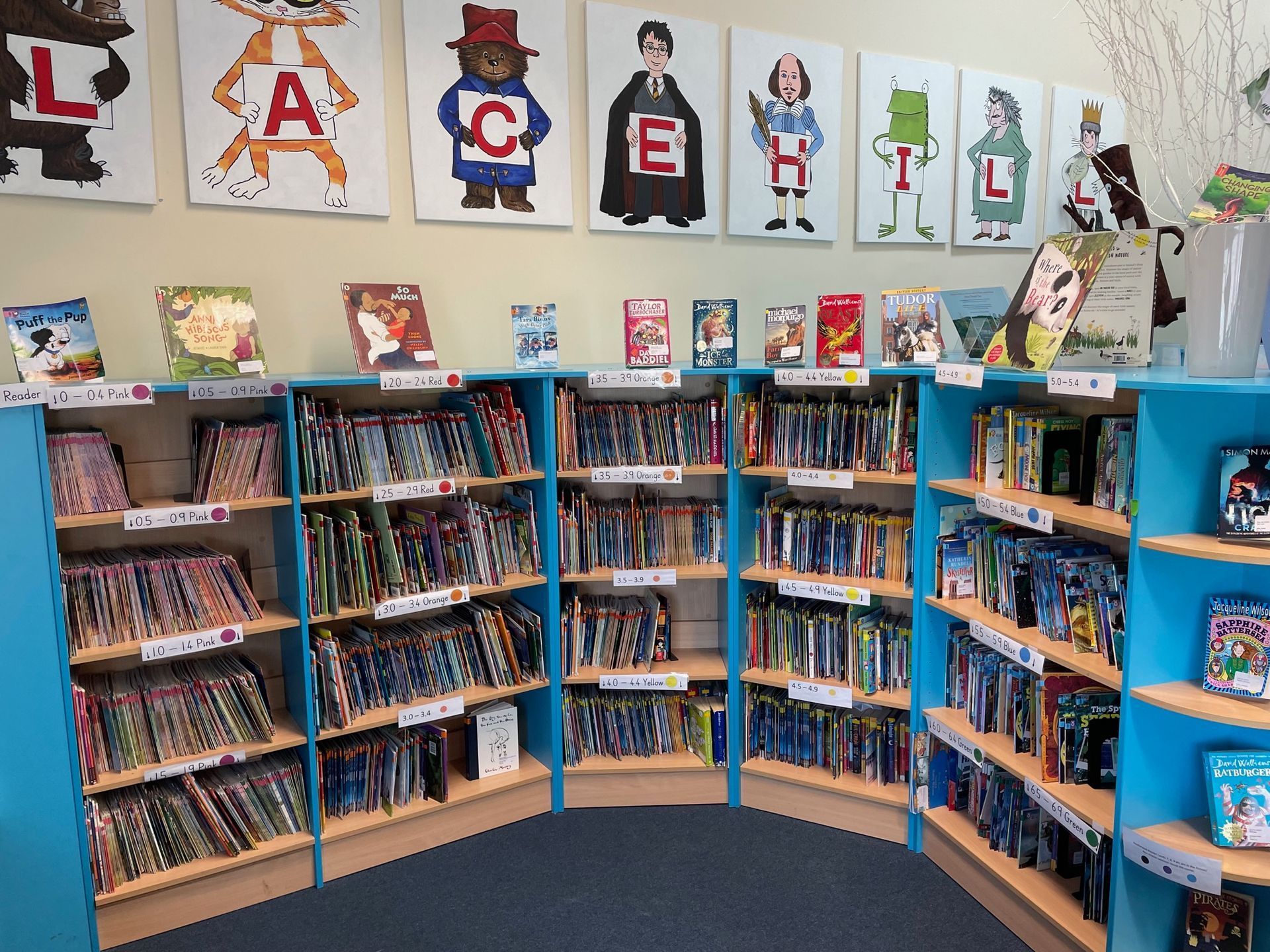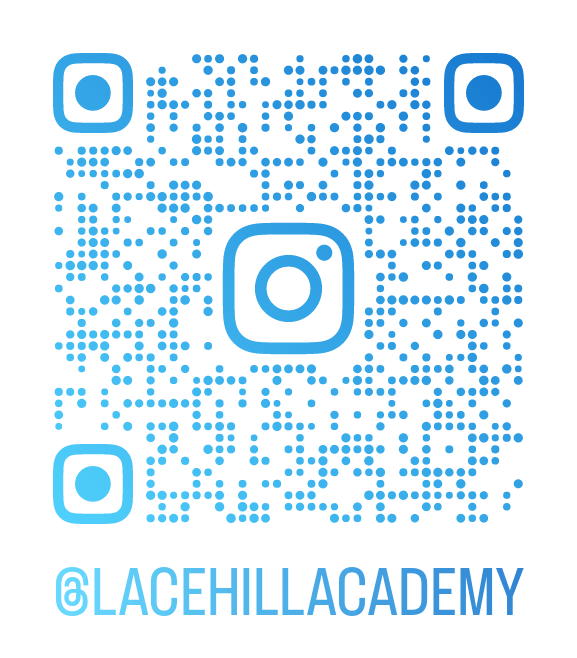EYFS to Y2
Our pupils have the opportunity to take home a variety of decodable books including:
Sounds~write books
Dandelion books
Each week the children in EYFS and Key Stage One will be following systematic phonics teaching. In EYFS they will be learning the Initial Code. From Y1 and in Y2 the children will continue following the systematic phonics teaching but will work through the Extended Code – looking at ‘same sounds different spelling’ and ‘same spelling different sounds’ this will be when the children learn how to read and spell words using a variety of different alphabet code.
Children from EYFS to Y2 will take home a variety of reading books to share at home including:
A phonic book matched to the phonic code that they have previously been taught
A wordless book for EYFS children - This book will continue to develop confidence and a love of reading as well as support children’s comprehension of what they are seeing in the context of a book.
A book from our accelerated reader library by the end of Y2- This will be a book that the children can read independently using their segmenting and blending skills and enables them to develop their comprehension. These books will be at the right level for each child as they will be given out based on their star test outcomes
A reading for pleasure choice
Supporting your child to read at home
Reading at home, every day, has the biggest impact on your child’s learning and progress. Please find below some suggestions that will support you with supporting your child.
Read as much as possible with your child at home. Remember to fill in your child's reading record every time you read together. If you read five out of seven times a week your child will be able to go into our reading raffle draw that is drawn each week in our Celebration Assembly.
When your child starts to learn to read and write we do not use letter names. We say the sounds very precisely as demonstrated in the video below.
Use letter sounds rather than letter names with their children at home. This will avoid confusion for the children and will reinforce the learning being done at school.
Avoid adding an extra vowel when pronouncing letter sounds e.g. ‘buh’ ‘duh’
When listening to your child read encourage them to have-a-go at unfamiliar words by encouraging them to: “Say the sounds and read the word”.
Key Stage Two
Children in Years 3 to 6 will be able to take home a book of their choice from the school library. They will also take home a book linked to Accelerated Reader. This book will be in line with the child's STAR test and chosen to complement their reading and comprehension ability. Children will then be able to log on to AR to complete a quiz about the book.
